Is Hydrogen a Metal?
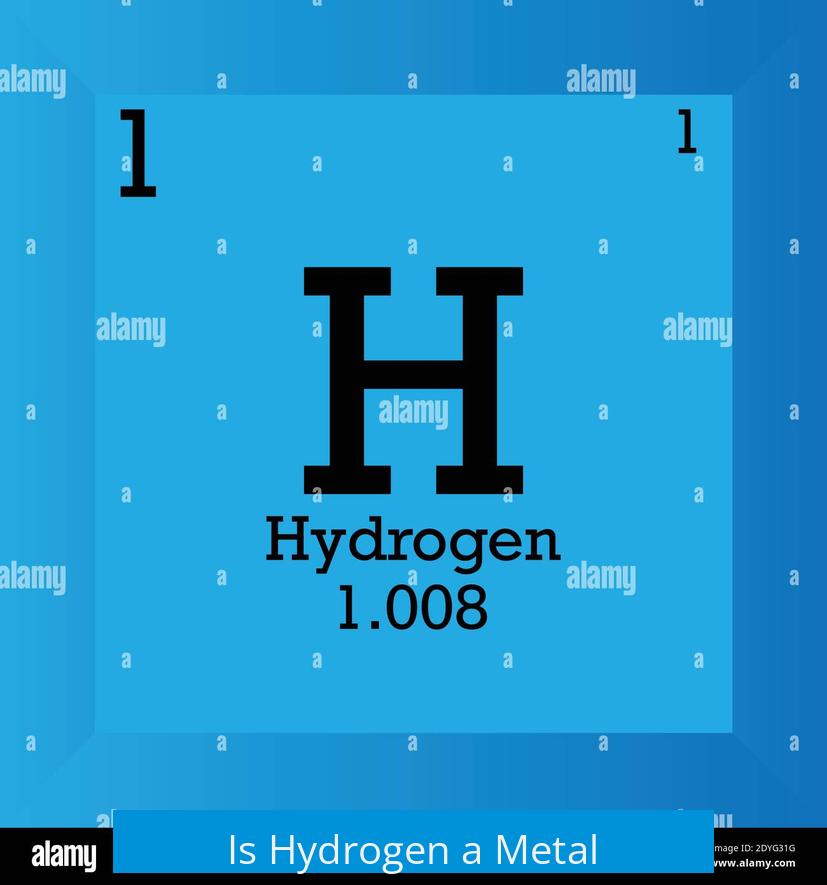
Hydrogen is not a metal under standard conditions, but it can exhibit metallic properties under extreme pressure. This question depends largely on how metallic behavior is defined and the environmental conditions in which hydrogen exists.
What Defines a Metal?
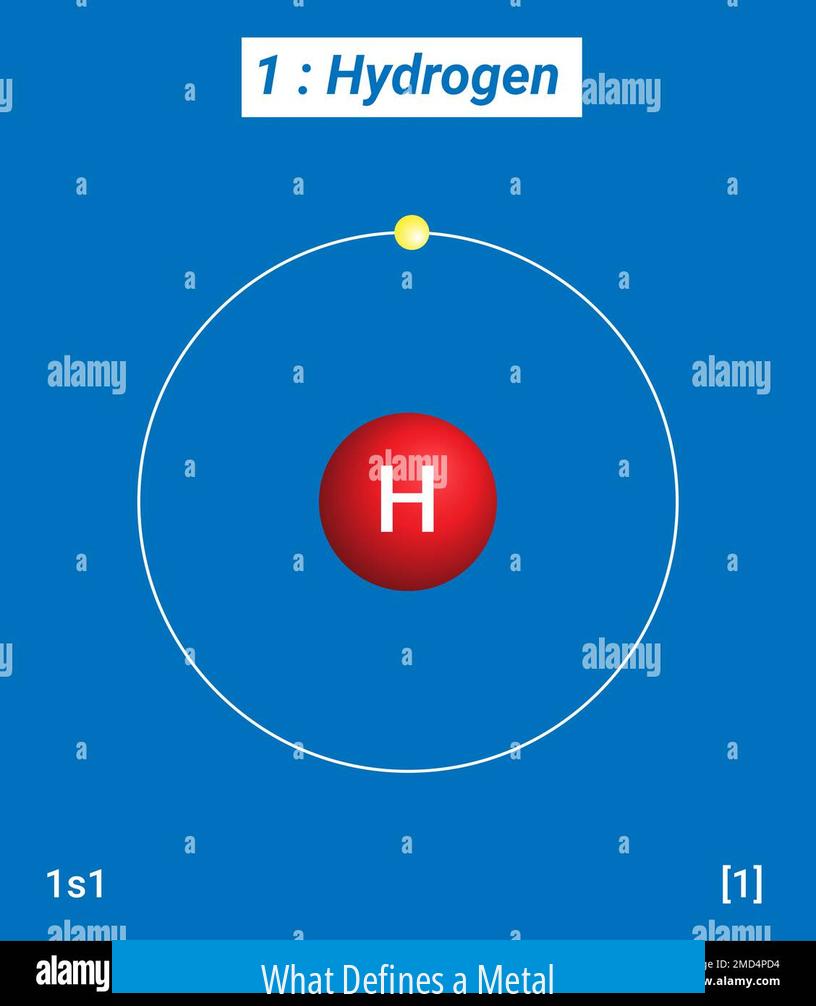
Metals are characterized by properties such as electrical conductivity, malleability, luster, and typically the absence of an electronic band gap. Whether an element behaves like a metal depends on its electronic structure and the arrangement of its atoms. These factors are influenced by external conditions such as pressure and temperature.
- Metals have no band gap; electrons can move freely.
- The crystal structure and pressure affect conduction properties.
- Temperature influences solid, liquid, or gaseous states affecting metallic properties.
Hydrogen at Normal Conditions
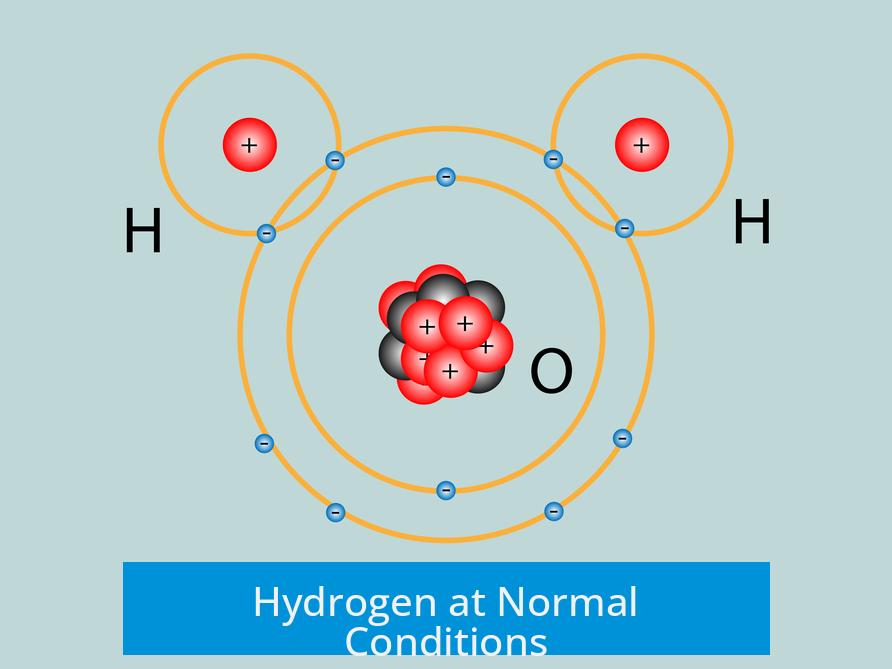
At room temperature and atmospheric pressure, hydrogen exists as a diatomic gas (H2). It is colorless, non-lustrous, and an electrical insulator. These are typical nonmetallic properties.
It does not conduct electricity, is not malleable or ductile, and lacks the shiny appearance metals have. Thus, under everyday Earth conditions, hydrogen is a nonmetal.
Hydrogen’s Position in the Periodic Table
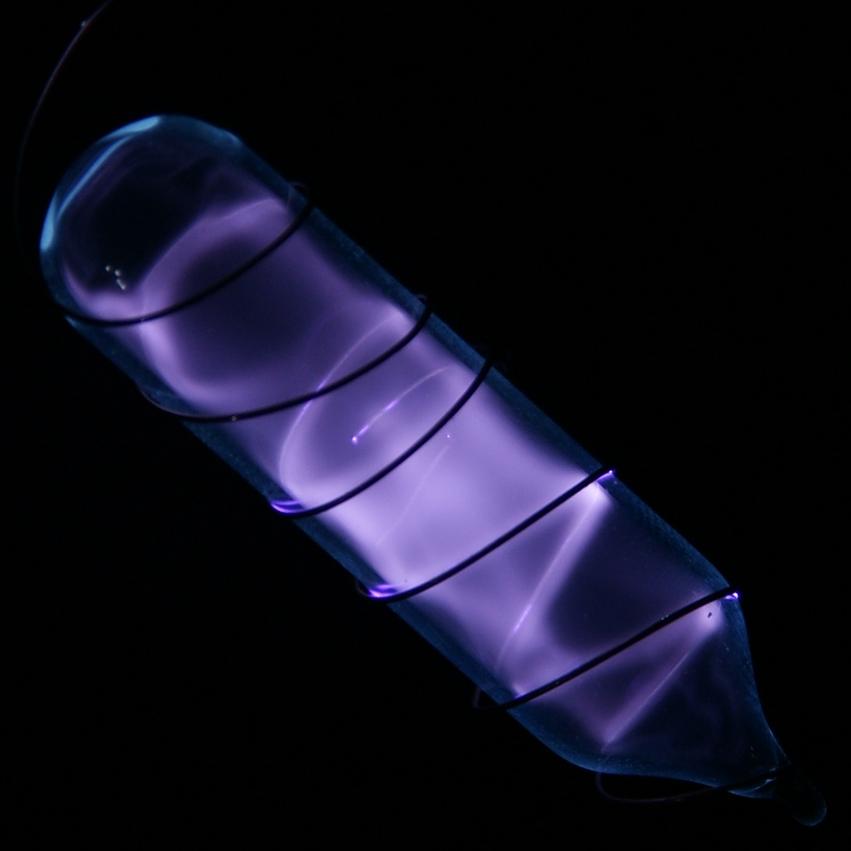
Hydrogen is placed at the top of Group 1 because it has one electron in its outer shell, analogous to alkali metals like lithium and sodium. However, this placement is more pragmatic than definitive regarding metallic character.
- Group 1 elements typically form +1 ions; hydrogen can also lose its electron to form H+.
- Unlike alkali metals, hydrogen can also gain an electron to form hydride ions (H-), which metals cannot.
- Hydrogen’s chemical behavior differs markedly from alkali metals—it does not form alkaline hydroxides with water.
Because of these differences, hydrogen is sometimes seen as unique, not fully fitting in any single group. Occasionally, it is placed near halogens (Group 17) due to its ability to gain electrons, or even isolated in the periodic table.
The Case for Metallic Hydrogen
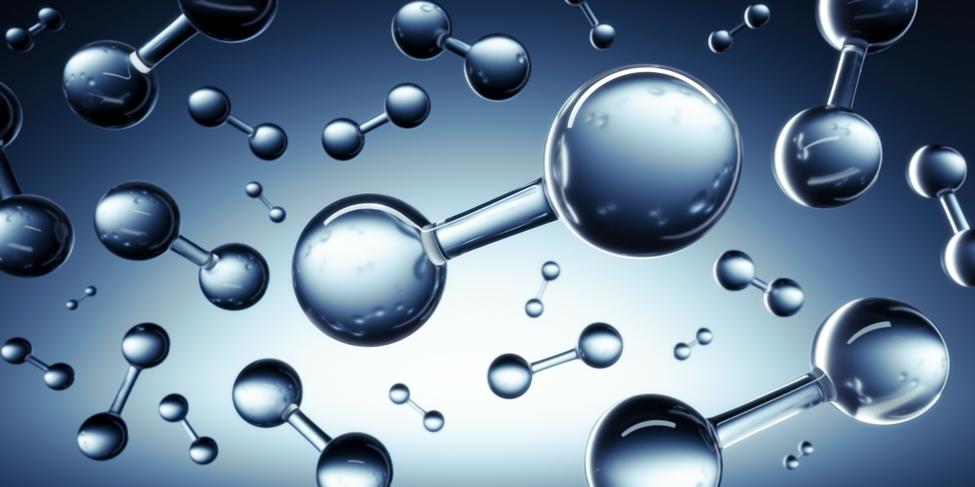
Metallic hydrogen is theorized and partially observed under extremely high pressures, such as those found in the cores of gas giants like Jupiter. Here, hydrogen atoms are forced so close together that their electrons delocalize, creating a conductive metallic phase.
| Condition | Hydrogen State | Properties |
|---|---|---|
| Standard Temperature & Pressure (STP) | Diatomic Gas (H2) | Nonmetallic: Non-conductive, insulating gas |
| Extremely High Pressure (~several million atmospheres) | Metallic Hydrogen (solid or liquid) | Metallic: Electrically conductive, metallic luster anticipated |
Despite decades of research, producing stable metallic hydrogen on Earth remains challenging. The states observed in laboratories require pressures often exceeding millions of atmospheres, far beyond normal terrestrial environments.
Hydrogen in Astrophysical Context
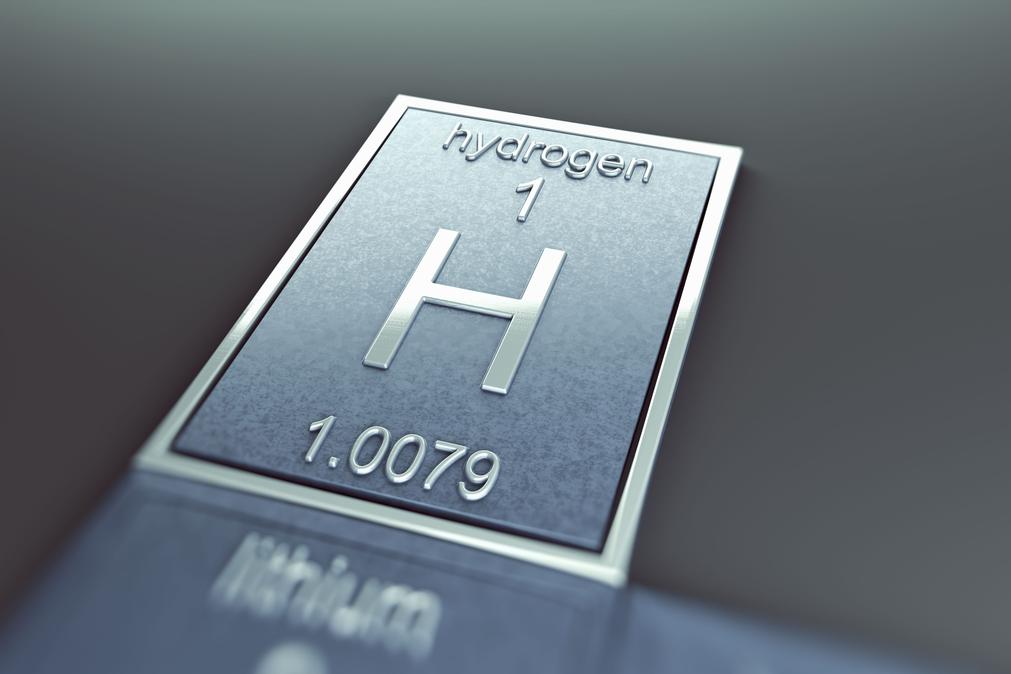
Astrophysics uses a different definition of metals. In that field, “metals” mean all elements other than hydrogen and helium. Thus, hydrogen is considered a nonmetal by definition. This reflects the composition of the universe, where hydrogen and helium dominate as the lightest and most abundant elements.
Summary of Hydrogen’s Metallic Status
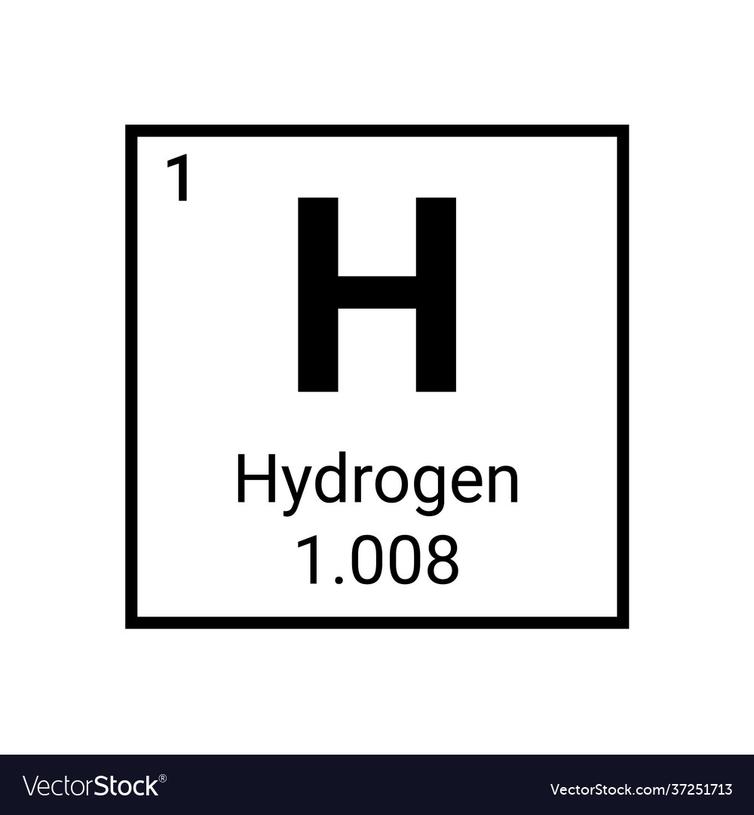
- Hydrogen is a nonmetal under earth-like conditions.
- Its metallic behavior emerges only under immense pressure, not found naturally on Earth.
- Its placement in Group 1 is based on electron configuration and certain chemical traits, not metallic characteristics.
- Its unique properties place it apart from both typical metals and nonmetals.
- Metallic hydrogen is a rare phase likely found in gas giant planets and stars.
Key Takeaways
- Metallic behavior depends on environmental pressure and temperature.
- Hydrogen is nonmetallic at normal temperature and pressure.
- It can become metallic under extreme pressures, such as those inside Jupiter.
- Its chemical properties differ from true alkali metals despite similar electron count.
- Astrophysics treats hydrogen as a nonmetal by definition.
Is Hydrogen a Metal? The Curious Case of the Universe’s Most Common Element
At standard temperature and pressure, hydrogen is NOT a metal. There, we’ve started by cutting through the confusion. But stick with me—because things get way more interesting as we dig deeper.
Hydrogen often flashes its shiny ‘Group 1’ badge on the periodic table, flaunting company with alkali metals like lithium and sodium. But does that mean it’s metal through and through? Nope. Grouping hydrogen with metals is more about convenience and shared chemical quirks than actual metallic swagger.
Let’s unravel this cosmic riddle together, shall we?
The Metallic Identity Crisis: What Makes Something a Metal Anyway?
First, metallic behavior is not etched in stone—nay, not even in hydrogen’s atoms.
- Metals are defined by their physical structure and how electrons behave in that structure.
- More specifically, metals have no band gap—freely flowing electrons—that’s what makes them conduct electricity and shine.
- The catch is, an element’s structure depends heavily on pressure and temperature.
So, whether something is a metal or not is truly a matter of context. Hydrogen at room conditions? Gas, not metal. But… under crushing pressures like inside Jupiter’s belly, the game changes dramatically.
Meet Metallic Hydrogen: The Extreme Makeover
Imagine squeezing hydrogen so tight, electrons get knocked loose, turning it into a metallic state. This isn’t sci-fi; it’s science-agreed upon theory.
Jupiter’s core is believed to be a vast ocean of liquid metallic hydrogen, conducting electricity like a champ, generating the planet’s magnetic field. But don’t expect to bottle this exotic stuff here on Earth anytime soon. The pressure needed is beyond anything naturally available on our planet.
This exotic state shares traits with metals—electrical conductivity, luster, and a dense solid structure—making metallic hydrogen a unique metalloid-like form elusive outside massive gas giants or star interiors.
Hydrogen’s Chemical Personality: Nonmetal by Nature
Despite hanging out in Group 1, hydrogen’s chemical behavior deviates sharply from true alkali metals.
- It doesn’t react with water to form alkaline solutions like sodium or potassium.
- Unlike metals, it doesn’t have a metallic luster or conduct electricity at room temperature.
- It can gain electrons and form negative ions—a behavior metals don’t usually pull off.
- Physically, it’s a colorless diatomic gas, not a shiny solid.
Hydrogen’s unique dual nature—sometimes acting like a metal in chemical trends, sometimes not—makes it a loner on the periodic table. Scientists often show it perched on top of Group 1, but occasionally it moonlights near the halogens or even floats alone.
In short, hydrogen’s a rule-breaker. And that’s what makes classifying it as “metal” at room temperature a misnomer.
When Astronomers Talk About Metals, Hydrogen Gets Excluded
Out in the cosmos, linguistics take a wild turn. Astronomers call “metals” anything heavier than hydrogen and helium.
This means hydrogen and its cosmic buddy helium are not metal, no matter how much they might want to be.
Why? Because hydrogen is one of the oldest elements birthed at the dawn of the universe, dominating the atomic roster in stars, nebulae, and gas giants.
This astronomical sense of metal is about abundance and stellar evolution, not physical properties like hardness or conductivity. So, in space-talk, hydrogen officially sits outside the metal club.
Practical Takeaways—What Does This Mean for You?
Thinking about hydrogen as a metal at everyday conditions isn’t useful in most cases.
- Hydrogen gas fuels rockets and powers the potential clean engines—but it’s not shiny and solid like metal rods you hammer.
- Scientists eagerly explore metallic hydrogen because it could revolutionize energy storage and superconducting materials, but we’re not there yet.
- The potential breakthroughs hinge on creating and stabilizing metallic hydrogen under extreme lab pressures, way beyond your kitchen pressure cooker.
So next time someone asks, “Is hydrogen a metal?” you can confidently say no at room conditions, but yes, it transforms under extreme pressure inside planets.
Why Does This Matter? Beyond Classroom Curiosity
Understanding hydrogen’s metallic potential isn’t just academic navel-gazing. The quest for metallic hydrogen could unlock:
- Ultra-efficient superconductors that function at higher temperatures
- Energy storage materials that could change batteries forever
- Better models of planetary interiors and magnetic field generation
Knowing hydrogen’s dual personality sharpens our grasp of chemistry, physics, and planetary science all at once.
Wrapping It Up: Hydrogen’s Mixed Identity
Hydrogen is a shapeshifter. At Earth’s cozy conditions? A dashing gas with zero metallic traits. At crushing pressures (millions of times Earth’s atmospheric pressure) inside giant planets? A shiny, conductive metal.
Its placement on the periodic table is more a nod to chemical behavior than a label of metallic character. And the different definitions across disciplines—chemistry vs. astrophysics—show that “metal” is a flexible term shaped by context.
So, next time you meet hydrogen, remember: it’s a nonmetal that dreams of being metal… when the pressure’s just right.
References & Further Reading:
- Wikipedia: Metallic Hydrogen
- National Radio Astronomy Observatory: Astronomy is Metal
Is hydrogen a metal at room temperature and pressure?
No, hydrogen is not a metal under normal conditions. It exists as a diatomic gas and does not exhibit metallic properties like conductivity or metallic luster.
Can hydrogen become a metal under certain conditions?
Yes, hydrogen can turn metallic at extremely high pressures, such as those found in Jupiter’s core. Under these conditions, hydrogen atoms are forced into a metallic state.
Why is hydrogen placed in Group 1 if it is not a metal?
Hydrogen shares some chemical properties with Group 1 elements, like having one electron in its outer shell. Its placement is more about convenience than it being a true metal.
Does hydrogen behave like alkali metals in chemical reactions?
Hydrogen differs from alkali metals. It does not react with water to produce alkaline solutions and can form negative ions, unlike true metals.
How do astronomers classify hydrogen in terms of metals?
In astronomy, “metals” mean all elements except hydrogen and helium. So hydrogen is considered nonmetal by this definition, regardless of its physical state.
Is metallic hydrogen found naturally on Earth?
No, metallic hydrogen requires pressures not found naturally on Earth. Its metallic form is mainly theorized or seen in gas giants and stars under extreme pressure.


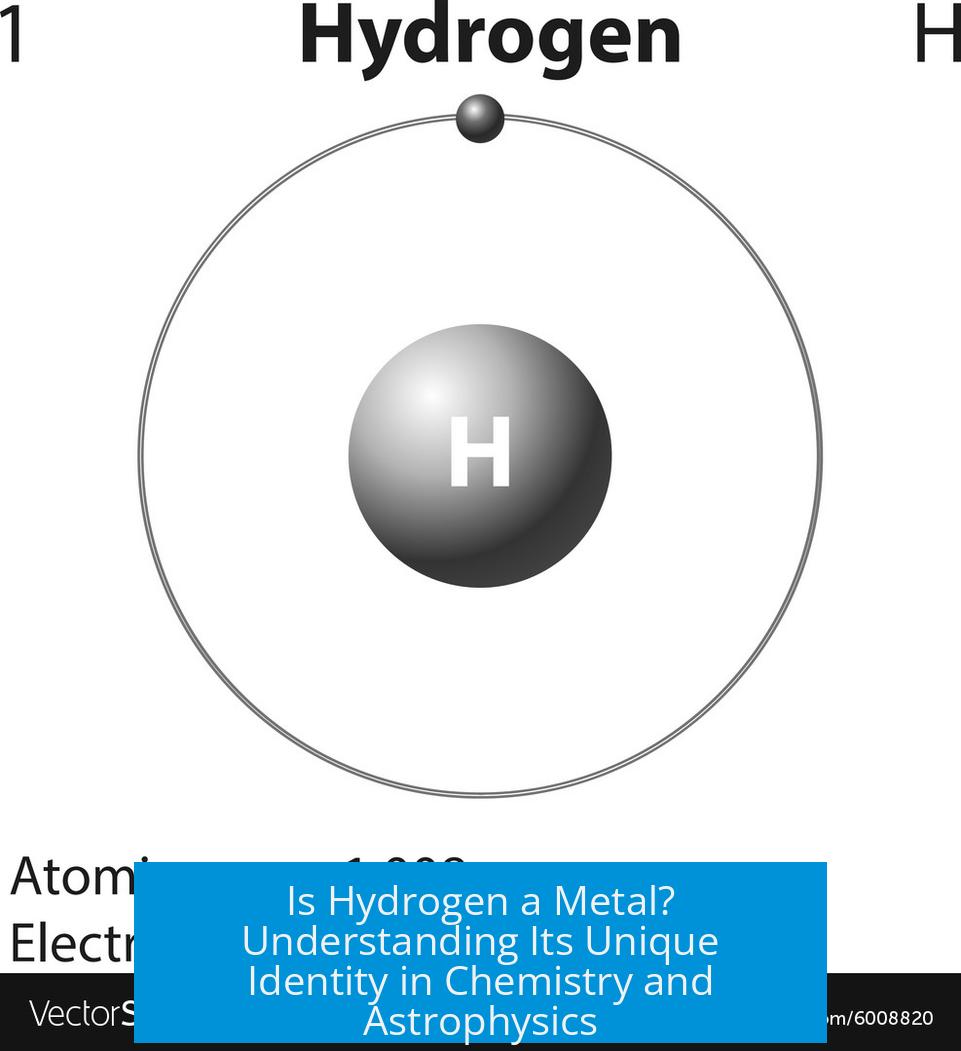
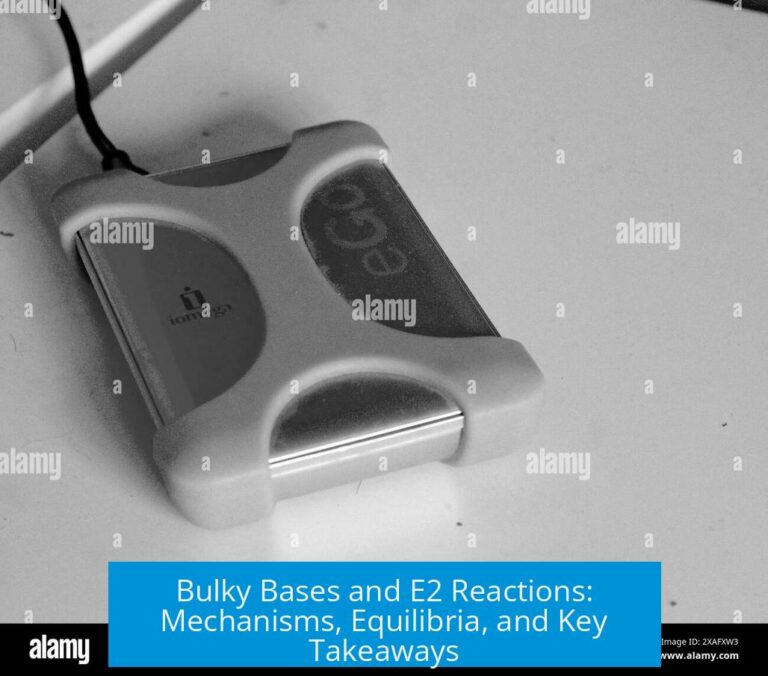

Leave a Comment